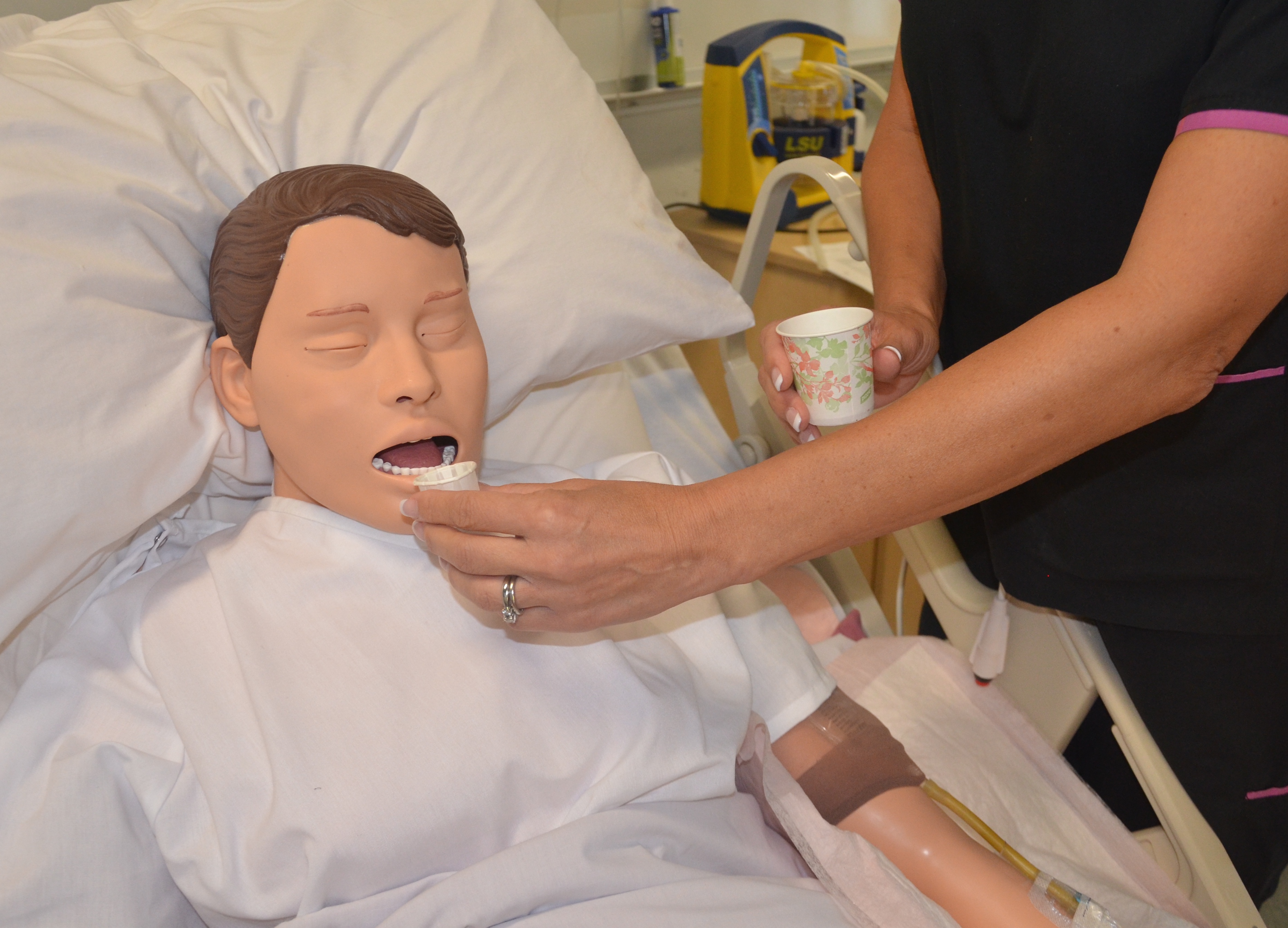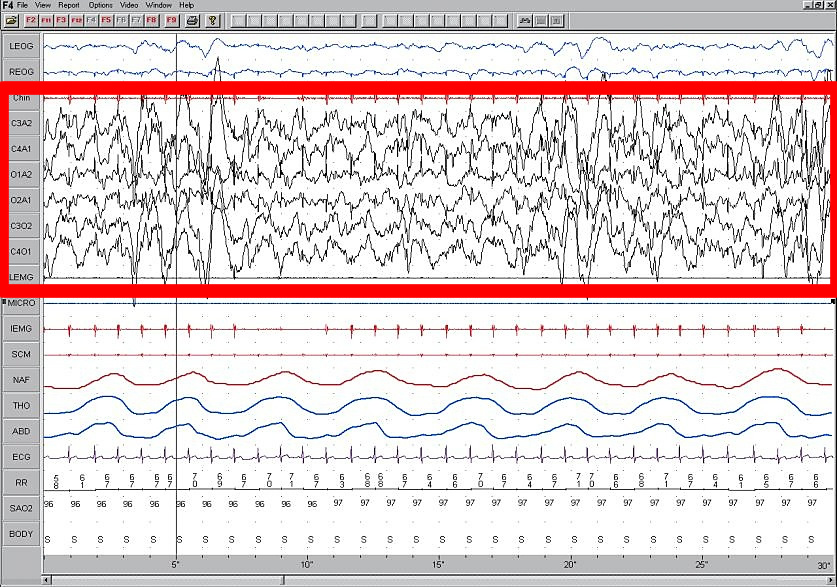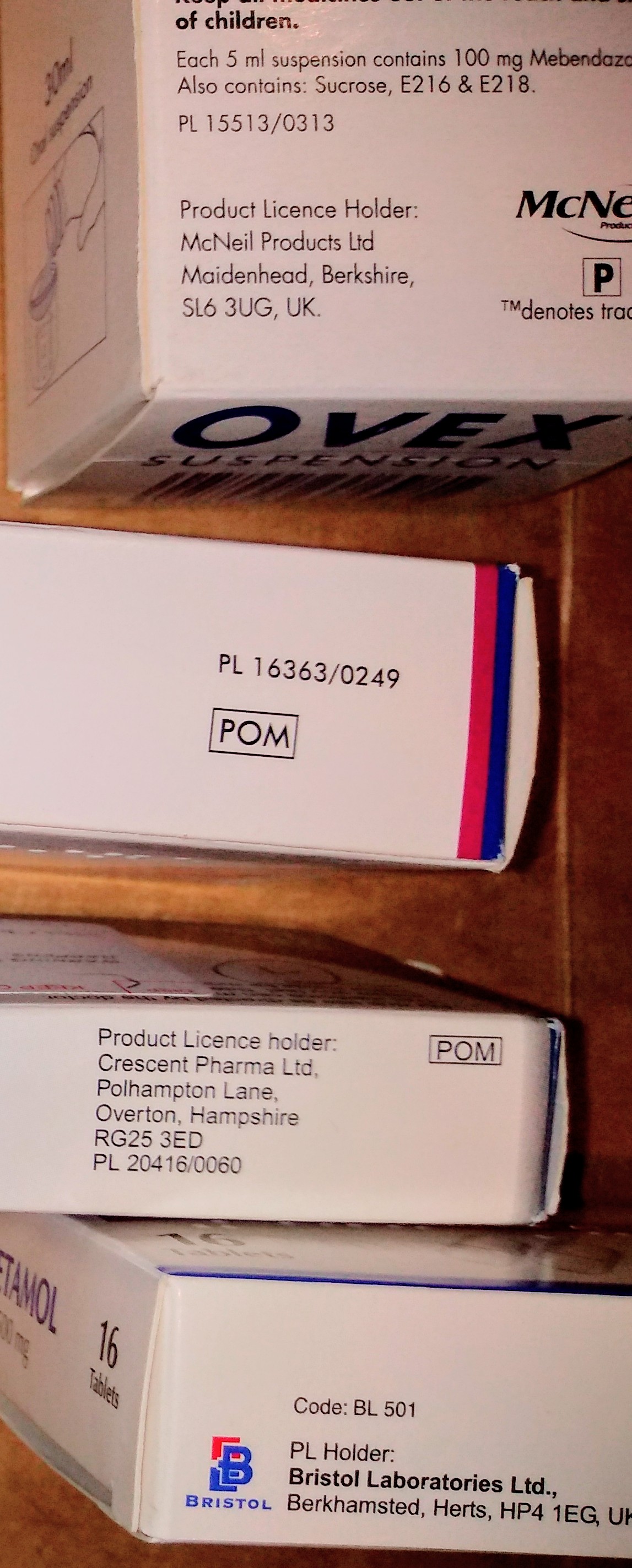|
GHB Receptor Ligands
''gamma''-Hydroxybutyric acid (or γ-hydroxybutyric acid (GHB), also known as 4-hydroxybutanoic acid) is a naturally occurring neurotransmitter and a depressant drug. It is a precursor to GABA, glutamate, and glycine in certain brain areas. It acts on the GHB receptor and is a weak agonist at the GABAB receptor. GHB has been used in the medical setting as a general anesthetic and as treatment for cataplexy, narcolepsy, and alcoholism. It is also used illegally as an intoxicant, as an athletic-performance enhancer, as a date-rape drug, and as a recreational drug. It is commonly used in the form of a salt, such as sodium γ-hydroxybutyrate (NaGHB, sodium oxybate, or Xyrem) or potassium γ-hydroxybutyrate (KGHB, potassium oxybate). GHB is also produced as a result of fermentation, and is found in small quantities in some beers and wines, beef, and small citrus fruits. Succinic semialdehyde dehydrogenase deficiency is a disease that causes GHB to accumulate in the blood. M ... [...More Info...] [...Related Items...] OR: [Wikipedia] [Google] [Baidu] |
Oral Administration
Oral administration is a route of administration where a substance is taken through the mouth. Per os abbreviated to P.O. is sometimes used as a direction for medication to be taken orally. Many medications are taken orally because they are intended to have a systemic effect, reaching different parts of the body via the bloodstream, for example. Oral administration can be easier and less painful than other routes, such as injection. However, the onset of action is relatively low, and the effectiveness is reduced if it is not absorbed properly in the digestive system, or if it is broken down by digestive enzymes before it can reach the bloodstream. Some medications may cause gastrointestinal side effects, such as nausea or vomiting, when taken orally. Oral administration can also only be applied to conscious patients, and patients willing and able to swallow. Terminology ''Per os'' (; ''P.O.'') is an adverbial phrase meaning literally from Latin "through the mouth" or "by mouth ... [...More Info...] [...Related Items...] OR: [Wikipedia] [Google] [Baidu] |
Narcolepsy
Narcolepsy is a long-term neurological disorder that involves a decreased ability to regulate sleep–wake cycles. Symptoms often include periods of excessive daytime sleepiness and brief involuntary sleep episodes. About 70% of those affected also experience episodes of sudden loss of muscle strength, known as cataplexy. Narcolepsy paired with cataplexy is evidenced to be an autoimmune disorder. These experiences of cataplexy can be brought on by strong emotions. Less commonly, there may be vivid hallucinations or an inability to move (sleep paralysis) while falling asleep or waking up. People with narcolepsy tend to sleep about the same number of hours per day as people without, but the quality of sleep tends to be lessened. Narcolepsy is a clinical syndrome of hypothalamic disorder, however, the exact cause of narcolepsy is unknown, with potentially several causes. In up to 10% of cases, there is a family history of the disorder. Often, those affected have low levels of ... [...More Info...] [...Related Items...] OR: [Wikipedia] [Google] [Baidu] |
Intoxicant
A psychoactive drug, psychopharmaceutical, psychoactive agent or psychotropic drug is a chemical substance, that changes functions of the nervous system, and results in alterations in perception, mood, consciousness, cognition or behavior. These substances may be used medically, recreationally or spiritually to a. Purposefully improve one’s perceived performance b. Alter one's consciousness (such as with entheogens for ritual, spiritual or shamanic purposes) or c. For research. Some categories of psychoactive drugs - which are believed, by some, to have therapeutic value - may be prescribed by some physicians and other healthcare practitioners. Examples of medication categories that may contain potentially beneficial psychoactive drugs include, but are not limited to: # Anesthetics # Analgesics # Anticonvulsants # Anti-Parkinson’s medications # Medications used to treat Neuropsychiatric Disorders a. Antidepressants b. Anxiolytics c. Antipsychotics d. Sti ... [...More Info...] [...Related Items...] OR: [Wikipedia] [Google] [Baidu] |
Rational Harm Assessment Of Drugs Radar Plot
Rationality is the quality of being guided by or based on reasons. In this regard, a person acts rationally if they have a good reason for what they do or a belief is rational if it is based on strong evidence. This quality can apply to an ability, as in rational animal, to a psychological process, like reasoning, to mental states, such as beliefs and intentions, or to persons who possess these other forms of rationality. A thing that lacks rationality is either ''arational'', if it is outside the domain of rational evaluation, or ''irrational'', if it belongs to this domain but does not fulfill its standards. There are many discussions about the essential features shared by all forms of rationality. According to reason-responsiveness accounts, to be rational is to be responsive to reasons. For example, dark clouds are a reason for taking an umbrella, which is why it is rational for an agent to do so in response. An important rival to this approach are coherence-based accounts ... [...More Info...] [...Related Items...] OR: [Wikipedia] [Google] [Baidu] |
Gamma-hydroxybutyrate
''gamma''-Hydroxybutyric acid (or γ-hydroxybutyric acid (GHB), also known as 4-hydroxybutanoic acid) is a naturally occurring neurotransmitter and a depressant drug. It is a precursor to GABA, glutamate, and glycine in certain brain areas. It acts on the GHB receptor and is a weak agonist at the GABAB receptor. GHB has been used in the medical setting as a general anesthetic and as treatment for cataplexy, narcolepsy, and alcoholism. It is also used illegally as an intoxicant, as an athletic-performance enhancer, as a date-rape drug, and as a recreational drug. It is commonly used in the form of a salt, such as sodium γ-hydroxybutyrate (NaGHB, sodium oxybate, or Xyrem) or potassium γ-hydroxybutyrate (KGHB, potassium oxybate). GHB is also produced as a result of fermentation, and is found in small quantities in some beers and wines, beef, and small citrus fruits. Succinic semialdehyde dehydrogenase deficiency is a disease that causes GHB to accumulate in the blood. Medic ... [...More Info...] [...Related Items...] OR: [Wikipedia] [Google] [Baidu] |
Slow-wave Sleep
Slow-wave sleep (SWS), often referred to as deep sleep, consists of stage three of non-rapid eye movement sleep. It usually lasts between 70 and 90 minutes and takes place during the first hours of the night. Initially, SWS consisted of both Stage 3, which has 20–50 percent delta wave activity, and Stage 4, which has more than 50 percent delta wave activity. Overview This period of sleep is called slow-wave sleep because the EEG activity is synchronized, characterised by slow waves with a frequency range of 0.5–4.5 Hz, relatively high amplitude power with peak-to-peak amplitude greater than 75µV. The first section of the wave signifies a "down state", an inhibition or hyperpolarizing phase in which the neurons in the neocortex are silent. This is the period when the neocortical neurons are able to rest. The second section of the wave signifies an "up state", an excitation or depolarizing phase in which the neurons fire briefly at a high rate. The principal characte ... [...More Info...] [...Related Items...] OR: [Wikipedia] [Google] [Baidu] |
Excessive Daytime Sleepiness
Excessive daytime sleepiness (EDS) is characterized by persistent sleepiness and often a general lack of energy, even during the day after apparently adequate or even prolonged nighttime sleep. EDS can be considered as a broad condition encompassing several sleep disorders where increased sleep is a symptom, or as a symptom of another underlying disorder like narcolepsy, circadian rhythm sleep disorder, sleep apnea or idiopathic hypersomnia. Some persons with EDS, including those with hypersomnias like narcolepsy and idiopathic hypersomnia, are compelled to nap repeatedly during the day; fighting off increasingly strong urges to sleep during inappropriate times such as while driving, while at work, during a meal, or in conversations. As the compulsion to sleep intensifies, the ability to complete tasks sharply diminishes, often mimicking the appearance of intoxication. During occasional unique and/or stimulating circumstances, a person with EDS can sometimes remain animated, awak ... [...More Info...] [...Related Items...] OR: [Wikipedia] [Google] [Baidu] |
Prescription Medication
A prescription drug (also prescription medication or prescription medicine) is a pharmaceutical drug that legally requires a medical prescription to be dispensed. In contrast, over-the-counter drugs can be obtained without a prescription. The reason for this difference in substance control is the potential scope of misuse, from drug abuse to practicing medicine without a license and without sufficient education. Different jurisdictions have different definitions of what constitutes a prescription drug. In North America, ℞, usually printed as "Rx", is used as an abbreviation of the word "prescription". It is a contraction of the Latin word "''recipe''" (an imperative form of "recipere") meaning "take". Prescription drugs are often dispensed together with a monograph (in Europe, a Patient Information Leaflet or PIL) that gives detailed information about the drug. The use of prescription drugs has been increasing since the 1960s. Regulation Australia In Australia, the Standar ... [...More Info...] [...Related Items...] OR: [Wikipedia] [Google] [Baidu] |
Fibromyalgia
Fibromyalgia (FM) is a medical condition defined by the presence of chronic widespread pain, fatigue, waking unrefreshed, cognitive symptoms, lower abdominal pain or cramps, and depression. Other symptoms include insomnia and a general hypersensitivity. The cause of fibromyalgia is unknown, but is believed to involve a combination of genetic and environmental factors. Environmental factors may include psychological stress, trauma, and certain infections. The pain appears to result from processes in the central nervous system and the condition is referred to as a "central sensitization syndrome". The treatment of fibromyalgia is symptomatic and multidisciplinary. The European Alliance of Associations for Rheumatology strongly recommends aerobic and strengthening exercise. Weak recommendations are given to mindfulness, psychotherapy, acupuncture, hydrotherapy, and meditative exercise such as qigong, yoga, and tai chi. The use of medication in the treatment of fibromyal ... [...More Info...] [...Related Items...] OR: [Wikipedia] [Google] [Baidu] |
Off-label
Off-label use is the use of pharmaceutical drugs for an unapproved indication or in an unapproved age group, dosage, or route of administration. Both prescription drugs and over-the-counter drugs (OTCs) can be used in off-label ways, although most studies of off-label use focus on prescription drugs. Off-label use is very common and generally legal unless it violates ethical guidelines or safety regulations. The ability to prescribe drugs for uses beyond the officially approved indications is commonly used to good effect by healthcare providers. For example, methotrexate is commonly used off-label because its immunomodulatory effects relieve various disorders. However, off-label use can entail health risks and differences in legal liability. Marketing of pharmaceuticals for off-label use is usually prohibited. Indications and labeling laws An '' indication'' is when a drug is medically appropriate for a given condition; an ''approved indication'' is when a government drug re ... [...More Info...] [...Related Items...] OR: [Wikipedia] [Google] [Baidu] |
Succinic Semialdehyde Dehydrogenase Deficiency
Succinic semialdehyde dehydrogenase deficiency (SSADHD) is a rare autosomal recessive disorder of the degradation pathway of the inhibitory neurotransmitter γ-aminobutyric acid, or GABA. The disorder has been identified in approximately 350 families, with a significant proportion being consanguineous families. The first case was identified in 1981 and published in a Dutch clinical chemistry journal that highlighted a number of neurological conditions such as delayed intellectual, motor, speech, and language as the most common manifestations. Later cases reported in the early 1990s began to show that hypotonia, hyporeflexia, seizures, and a nonprogressive ataxia were frequent clinical features as well. SSADH deficiency is caused by an enzyme deficiency in GABA degradation. Under normal conditions, SSADH works with the enzyme GABA transaminase to convert GABA to succinic acid. Succinic acid can then be utilized for energy production via the Krebs cycle. However, because of the ... [...More Info...] [...Related Items...] OR: [Wikipedia] [Google] [Baidu] |
Sodium Oxybate
Sodium oxybate, sold under the brand name Xyrem among others, is a medication used to treat two symptoms of narcolepsy: sudden muscle weakness and excessive daytime sleepiness. It is used sometimes in France and Italy as an anesthetic given intravenously; it is also used in Italy to treat alcohol addiction and alcohol withdrawal syndrome. Sodium oxybate is the sodium salt of γ-hydroxybutyric acid (GHB). The clinical trials for narcolepsy were conducted just as abuse of GHB as a club drug and date rape drug became a matter of public concern; in 2000 GHB was made a Schedule I controlled substance, while sodium oxybate, when used under an FDA NDA or IND application, was classified as a Schedule III controlled substance for medicinal use under the Controlled Substances Act, with illicit use subject to Schedule I penalties. Sodium oxybate was approved for use by the US Food and Drug Administration (FDA) to treat symptoms of narcolepsy in 2002, with a strict risk evaluation and ... [...More Info...] [...Related Items...] OR: [Wikipedia] [Google] [Baidu] |






